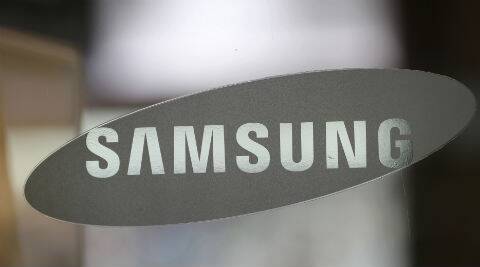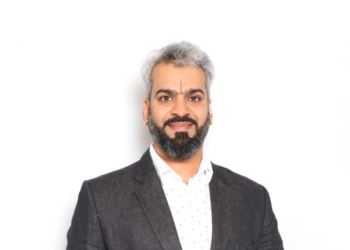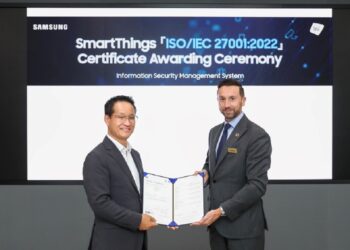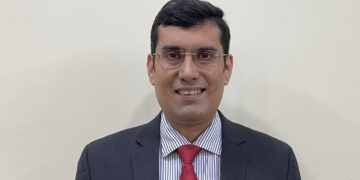Samsung Electronics on Wednesday said it will spend 300 trillion won ($229.81 billion) over the next 20 years to build the world’s largest semiconductor cluster in the Seoul metropolitan area, as part of efforts to secure a competitive edge in the sector and bolster its own supply chain.
The envisioned chip cluster will be built in Yongin, Gyeonggi Province, to harbour five advanced chip fabrication plants and around 150 materials, parts and fabless companies.
Samsung will also beef up its robotics business this year to more proactively respond to a future where artificial intelligence-powered machines will take a more important role in human life, its chief executive said, reports Yonhap news agency.
The South Korean tech giant “will strengthen core technologies necessary to develop various robots, and expand our product portfolio to enable users to have useful experiences (in the field),” Han Jong-hee, vice chairman of Samsung Electronics, said at an annual shareholders meeting in Suwon, 34 kilometers south of Seoul.
“We will push ahead with a variety of projects this year, including wearable robotic devices,” he said, adding, “We are seeking to make intelligent robots that can evolve by interacting with users and operate according to users’ needs.”
On the hugely popular ChatGPT, an AI-based chatbot system launched by OpenAI, Han said it will have a positive impact on Samsung’s chip business.
“I think we can create synergies between ChatGPT and our services. The AI model is expected to have very positive impact on chip demand in the future,” he said.
At the shareholders meeting, Samsung shared downbeat forecast for its chip business this year but said the world’s largest memory chip maker will try to “turn the misfortune to our advantage” by continuing its investment to secure clean rooms and technology advances.
“We will be flexible in executing infrastructure investment given volatile market conditions, but we will maintain our efforts to secure clean rooms and investment for the future,” said Lee Jung-bae, president of Samsung’s device solution division that oversees the chip business.
Samsung forecast the global chip market to shrink 6 percent on-year to reach $563 billion this year, due to a sharp drop in demand.
“We expect difficult conditions to continue throughout this year, due to various global issues like the Russia-Ukraine war and rivalry between Washington and Beijing,” Lee said. “Persistently high interest rates will further dampen consumer demand for IT products and our clients will continue to adjust their inventories, leading to a further cut in demand.”
For all the unfriendly factors to its business, Samsung said chip demand will remain relatively robust in emerging and high-tech sectors like 5G and AI in the mid-to-long term.

























